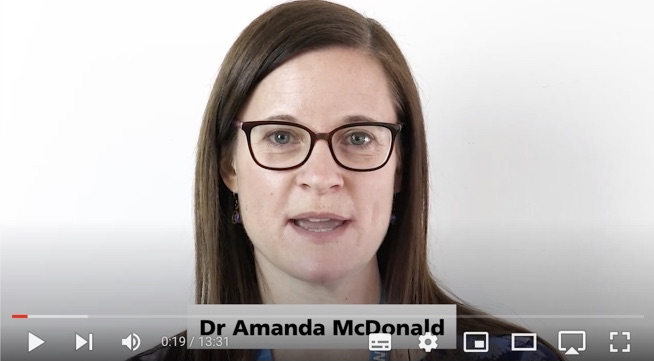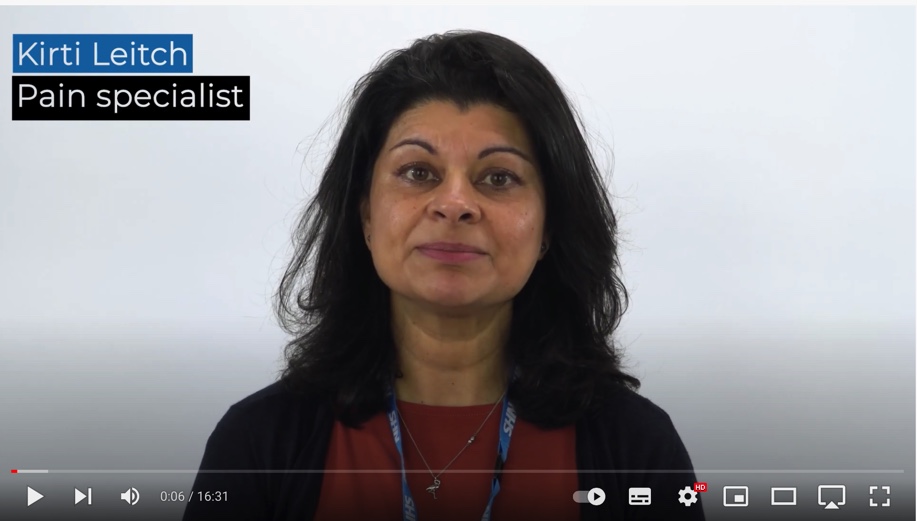Stress and anxiety
Stress affects everyone but we know that if you have ongoing pain, stress can make your pain feel worse. So learning how to manage stress is helpful.
Stress cannot be avoided entirely. A certain amount is good for you. It provides you with the energy that motivates you to attempt challenges and to make changes in your daily life. It can focus your attention and spur you into action. However, too much stress is a bad thing. It can affect the way we think, act and behave. Too much stress can prevent us from dealing with long-term pain effectively, and can in fact make pain worse.
Thankfully, there are solutions to this. This factsheet is designed to help you come up with your own solutions to problems with stress. If you want more information, then go to the ‘Get More Information’ section of the patient online platform, if you’re registered with the pain service. This website is accessible at http://somersetpain.co.uk. If you’re not registered, there is more information at the same website under the ‘Get information/resources’ section.
-

 The second video from Dr Amanda McDonald of the Somerset Community Pain Management Service on thee impact anxiety has on thoughts and behaviour and how this impacts your persistent pain.
The second video from Dr Amanda McDonald of the Somerset Community Pain Management Service on thee impact anxiety has on thoughts and behaviour and how this impacts your persistent pain.
-

 Dr Amanda McDonald from the Somerset Community Pain Management Service describes how anxiety can make your pain worse, and highlights techniques to deal with it.
Dr Amanda McDonald from the Somerset Community Pain Management Service describes how anxiety can make your pain worse, and highlights techniques to deal with it.
-

 An information video on stress management hosted by Kirti Leitch, Specialist Nurse Pain Management at Somerset Community Pain Management Service.
An information video on stress management hosted by Kirti Leitch, Specialist Nurse Pain Management at Somerset Community Pain Management Service.
-

Try 6 tips to help you be happier, more in control, and able to cope better with life's ups and downs.
-

Ten stress busting tips from the NHS website.
-

Chronic pain and psychological stress go hand in hand. Three sources of stress can be identified for chronic pain sufferers.
-

A wellness module from Canada for coping with stress.
-

A booklet that will help you understand how stress is affecting you and what you can do about it.
-

This self-help booklet is divided into eight sections. It is aimed at helping you gain a better understanding of:
• What stress is and how it can affect you
• What causes stress and keeps it going
• Effective ways to control and manage your stress
-

A patient guide from Plymouth Hopsitals NHS Trust for recovery using the Hyland Model.
-

Resaerch report from the Mental Health Foundation as part of Mental Health Awareness Week 2018.
-

A paper from the US National Library of Medicine. An in-depth academic look at the overlaps between Chronic Pain and Chronic Stress.
-

Learn more about anxiety and skills to cope with it.
-

Our self help materials cover a range of mental health issues and are mini workbooks, offering information but structured around short exercises to help you recover.
-

People with Health Anxiety have an obsessive preoccupation with being seriously ill. This paper explains the vicious cycle of Health Anxiety and what you can do to help yourself.
-

If you are in need of some support, this self-help book can help you cope better with anxiety.
-

Help yourself with this helpful paper on Anxiety, it's causes and what you can do about it.
-

From the Mind Charity this explains anxiety and panic attacks, including possible causes and how you can access treatment and support. Includes tips for helping yourself, and guidance for friends and family.
-

Paper from US National Library of Medicine discussing how:
- Mood disorders, especially depression and anxiety, play an important role in the exacerbation of pain perception in all clinical settings.
- Depression commonly occurs as a result of chronic pain and needs treating to improve outcome measures and quality of life.
- Anxiety negatively affects thoughts and behaviours which hinders rehabilitation.
- Anxiety and depression in acute hospital settings also negatively affect pain experience and should be considered in both adults and children.
- Poor pain control and significant mood disorders perioperatively contribute to the development of chronic postoperative pain.
-

This factsheet from the team at Somerset Community Pain Management Service covers:
- So what do we know about stress?
- What causes stress?
- So how do we react to stress?
- Ideas for managing stress
-

Our holistic classes are lower intensity, which will help you improve flexibility, strength, posture and range of movement. Helping your stress fade gently away and leading to total body fitness and mental calm.
-

Would you like to manage unhelpful thoughts, stress, anxiety, depression or chronic pain better, and live life more fully in the present? Learning mindfulness practices could help, as shown in numerous scientific studies.
-

Free guide from the Stress Management Society to help people reduce and manage their stress
-

This website provides firsthand accounts of how people managed to deal with pain through a combination of relaxation and distraction techniques. Read on to find out more.
-

Dr Mike Evans provides this entertaining, informative and practical video on managing stress.